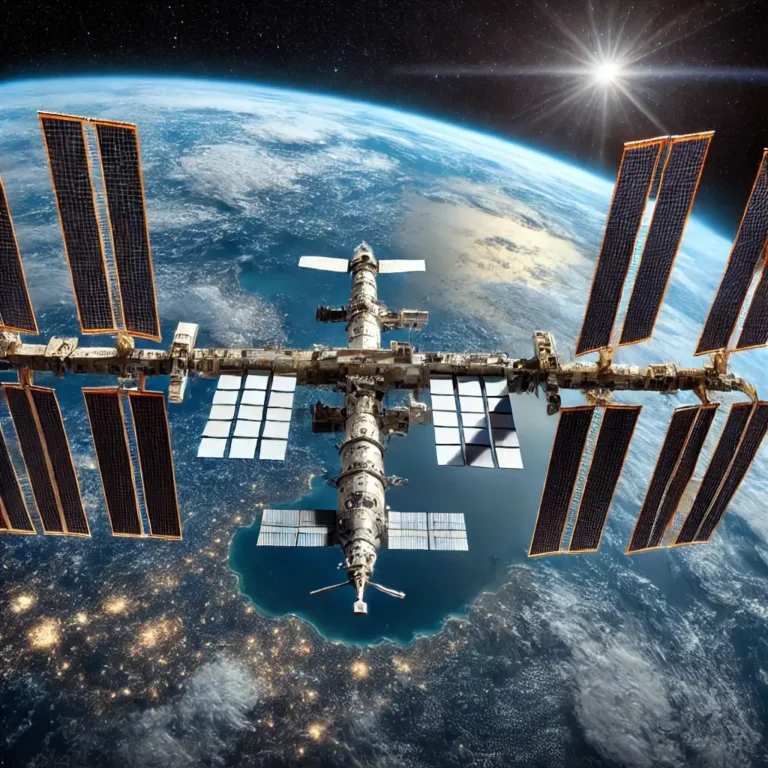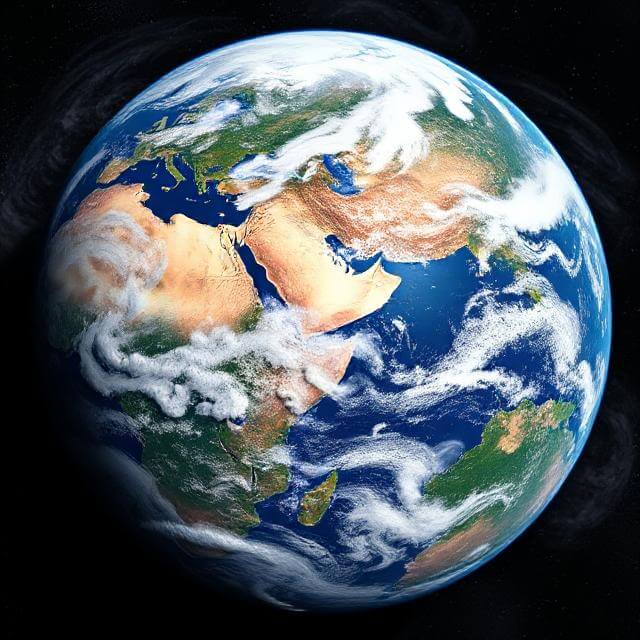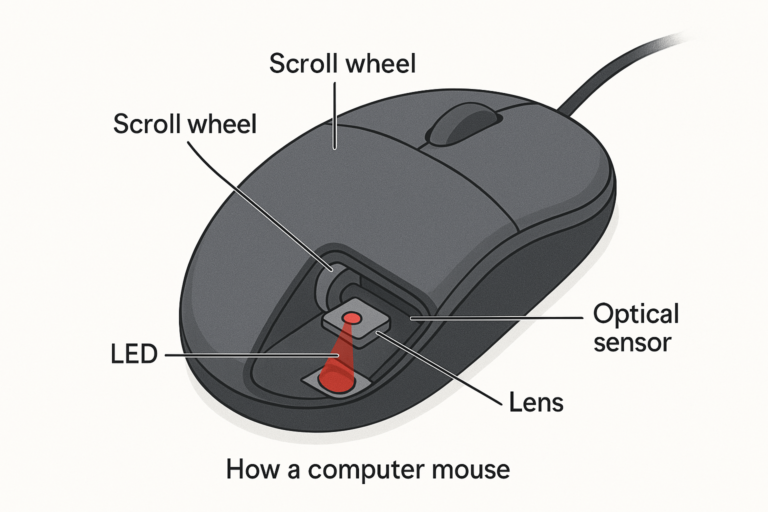🌍 What Would Happen if Oxygen Disappeared from Earth for 5 Seconds?
🛑 Introduction: Can You Imagine a World Without Oxygen?
Oxygen is the lifeblood of our planet. Every breath we take fuels our bodies, keeps our cells functioning, and ensures life as we know it. But have you ever wondered what would happen if oxygen suddenly vanished — even for just 5 seconds? While this may seem like a short span, the consequences would be catastrophic. From human survival to the very structure of the Earth, everything would be drastically affected.
In this article, we will explore the scientific impact, global effects, and surprising consequences of an oxygen-free Earth, even for a brief moment.

🔥 1. The Importance of Oxygen on Earth
Before we dive into the chaos of losing oxygen, let’s understand why it is so crucial:
- Breathing and Cellular Respiration: Humans and animals rely on oxygen for cellular respiration, which produces the energy (ATP) needed for survival.
- Ozone Layer: Oxygen forms the ozone layer (O₃), which protects us from harmful ultraviolet (UV) rays.
- Combustion and Fire: Oxygen supports combustion, making fire possible.
- Water Composition: Water (H₂O) contains oxygen, making it essential for life.
- Structural Integrity: Oxygen plays a key role in keeping metal structures stable by preventing sudden collapse through oxidation processes.
⚡ 2. What Happens to Humans Without Oxygen?
If the oxygen in the atmosphere vanished for just 5 seconds, here’s what would happen to humans:
✅ Instant Suffocation:
- Humans rely on oxygen for cellular respiration. Within 5 seconds of no oxygen, people would start gasping for air, and unconsciousness would occur in a matter of seconds.
- Although the oxygen in the blood would keep you alive for a short while, the sudden absence of breathable oxygen would trigger panic and confusion.
✅ Hearing Loss:
- Without oxygen, the air pressure in your inner ear would suddenly drop, causing temporary or permanent hearing damage.
- You would experience a popping sensation followed by a ringing sound.
✅ Skin Damage:
- The outer layer of the skin would instantly burn due to unfiltered UV rays, as the ozone layer (made of oxygen) would vanish.
- People would experience severe sunburn within seconds.
✅ Blood Would Turn Thick:
- With no oxygen, hemoglobin (the protein in red blood cells) would fail to bind with oxygen.
- This would make the blood thicker, slowing circulation and potentially causing clots.
🌍 3. Effects on the Environment
Without oxygen, Earth itself would start falling apart:
🔥 No Fire or Combustion:
- Since fire needs oxygen, all flames would instantly go out.
- Power plants, vehicles, and even aircraft engines would stop working.
🏢 Buildings Would Collapse:
- Oxygen plays a key role in stabilizing concrete structures.
- Without oxygen, steel would become brittle and lose its strength, causing skyscrapers and bridges to crumble.
🌊 Oceans Would Evaporate:
- Water (H₂O) contains oxygen. If oxygen disappeared, water molecules would break apart, releasing hydrogen gas.
- This would cause oceans, rivers, and lakes to start evaporating, drastically altering the planet’s ecosystem.
🌿 Plants Would Die Instantly:
- Plants need oxygen for photosynthesis.
- Without it, they wouldn’t be able to produce food, causing massive plant death.
- The absence of oxygen would disrupt the entire carbon cycle.
🚗 4. Transportation and Technology Collapse
With no oxygen:
✈️ Planes Would Fall:
- Jet engines require oxygen to create combustion.
- In the absence of oxygen, planes would plummet from the sky.
🚀 Spacecraft and Satellites Would Malfunction:
- Satellites and spacecraft rely on oxygen-powered fuel cells.
- Without oxygen, communication systems would fail, and many space missions could be lost.
🚗 Vehicles Would Stop:
- Cars, bikes, and trucks rely on internal combustion engines that require oxygen.
- Within seconds, all engines would stop, creating chaos on the roads.
🌌 5. Cosmic Consequences: No More Ozone Layer
Without oxygen, the ozone layer would instantly vanish, exposing Earth to lethal UV radiation.
- UV rays would cause severe burns and increase the risk of skin cancer.
- The temperature of the planet would rise dramatically, accelerating global warming.
- Solar storms and radiation would directly hit the Earth, potentially damaging electronic devices.
🌿 6. Long-Term Impact on the Ecosystem
Even though the scenario suggests only 5 seconds without oxygen, the aftermath would be devastating:
- Massive marine death: Fish and sea creatures would suffocate.
- Agricultural collapse: With damaged plants, food chains would break down.
- Climate chaos: With no oxygen to form clouds or sustain water, the climate would become extreme and unpredictable.
🔬 7. Scientific Analysis: Why Would This Happen?
Scientifically speaking, oxygen is 20.95% of Earth’s atmosphere.
- If it disappeared even temporarily, the sudden drop in atmospheric pressure would make the environment unlivable.
- The partial pressure of gases would fluctuate, causing massive environmental disruption.
🌟 8. Is This Scenario Possible in Real Life?
While total oxygen disappearance is highly unlikely, localized oxygen depletion is possible.
- Areas with high pollution or chemical reactions can create oxygen-deficient zones.
- In some industrial accidents, sudden oxygen loss can occur, causing suffocation hazards.
- However, a global oxygen wipeout would require massive cosmic or environmental interference.
🌏 9. Conclusion: Oxygen – The Invisible Lifeline
Although it seems like 5 seconds without oxygen is a short time, the consequences would be catastrophic. From structural collapse to human suffocation, our planet would face unimaginable destruction. This scenario highlights just how fragile and interconnected Earth’s ecosystem truly is.
💡 Key Takeaway: Oxygen is not just essential for breathing – it is the glue holding our planet together. Even a brief disappearance would be apocalyptic.





